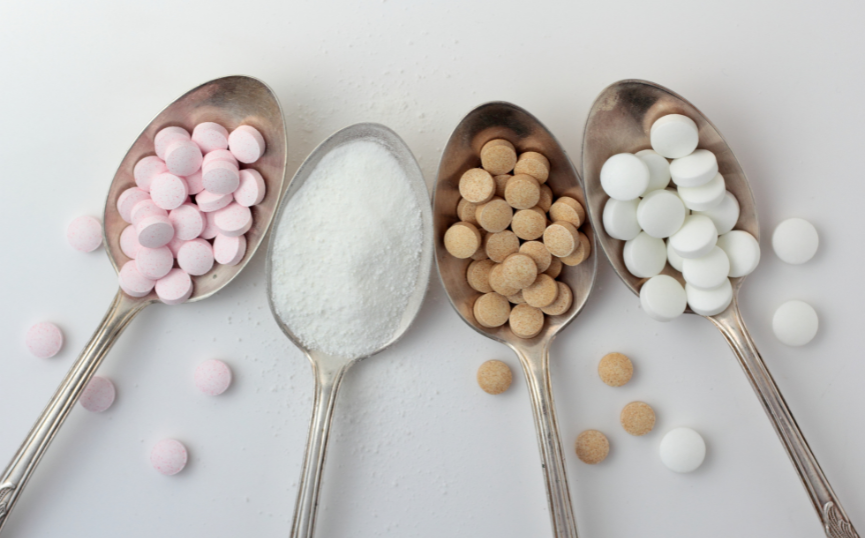PCOS
PCOS is now affecting an increasing number of people. Polycystic ovary syndrome is one of the most common hormonal disorders, affecting one in ten women of childbearing age.

What is PCOS?
Polycystic ovary syndrome is a hormonal disorder of the female body. The disease can develop in women of childbearing age as early as their teens, but it is most often diagnosed in the 20s and 30s, when women seek medical help after unsuccessful attempts to have children. The risk of PCOS may be higher in cases of familial accumulation and obesity. It is mainly an ovarian disease, but can affect several organs and has a wide range of symptoms.
Symptoms of PCOS:
- irregular, painful menstruation
- irregular menstruation
- pimples on the face, chest and back
- acne, oily skin
- increased hair growth
- thinning hair, hair loss
- weight gain and weight loss difficulties
- disorder of glucose metabolism
Treatment of PCOS
If left untreated for long periods of time, PCOS symptoms can lead to serious health challenges such as infertility, type 2 diabetes, high blood pressure and cardiovascular disease. Although PCOS cannot be cured, its symptoms are very manageable with diet, lifestyle therapy and medication. PCOS is one of the health conditions that responds very well to dietary treatment. In most cases, people with PCOS have high insulin levels and often have established insulin resistance. Both insulin resistance and the inflammatory state and hormonal imbalance that characterise PCOS can be controlled by paying attention to our diet.

PCOS diet
Be careful to choose foods with a high nutrient density instead of processed foods, and incorporate anti-inflammatory foods rich in omega-3 fatty acids into your diet, and feel free to use spices with anti-inflammatory effects such as turmeric and ginger.
It is also very important to watch your intake of sugar and refined carbohydrates. The aim is to balance blood sugar levels, so choose whole, safe sources of starch such as buckwheat or root vegetables. It's important to note that gluten sensitivity is also common in PCOS, so testing for this is also highly recommended.
Adequate intake of fibre is essential. Remember that vegetables and fruit, in addition to fibre, also contain phytochemicals, vitamins and antioxidant clays, which are good for the body.

How can I support my diet in PCOS?
MYO-INOSITOL
Inositol helps maintain optimal blood sugar levels and supports ovarian function. This widely researched product is one of the most popular supplements for the treatment of PCOS. As well as playing a key role in insulin signalling, it promotes healthy ovulation.
BERBERIN
It helps reduce inflammation in the body, has a good effect on blood sugar levels, lowers cholesterol and helps normalise high blood pressure.
PRO- AND PREBIOTICS
Gut health is key to managing the symptoms of PCOS. Pro- and prebiotics help to restore a healthy balance in the gut, inhibiting 'bad bacteria' and supporting the proliferation of 'good bacteria'. This way they support healthy digestion, more efficient absorption of nutrients, reduce inflammation and have a positive effect on hormone function.
OMEGA-3
In PCOS, there is inflammation in the body, which can lead to other negative effects in the long term. Omega-3 is one of the best natural anti-inflammatories, which is effective in reducing the symptoms of PCOS. It also supports healthy heart function, reduces the risk of cardiovascular disease and has a positive effect on insulin sensitivity.

